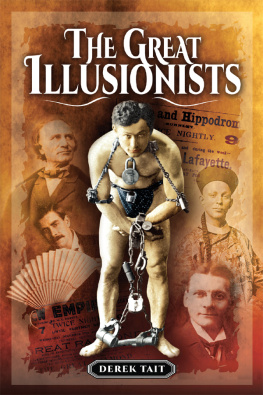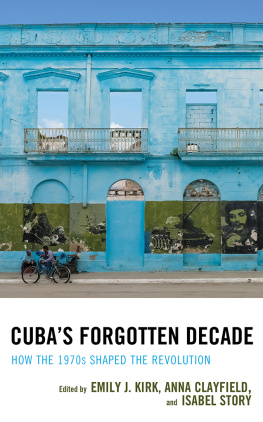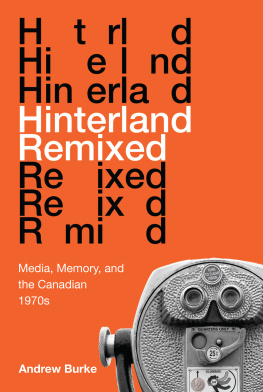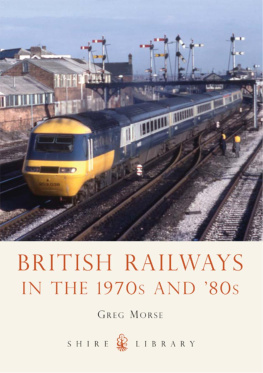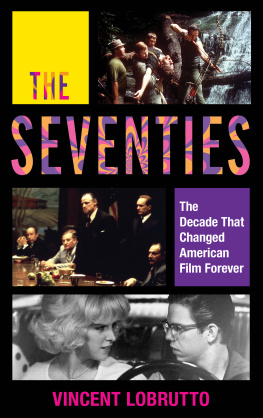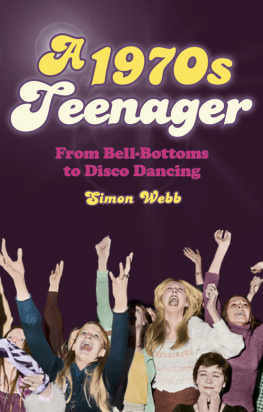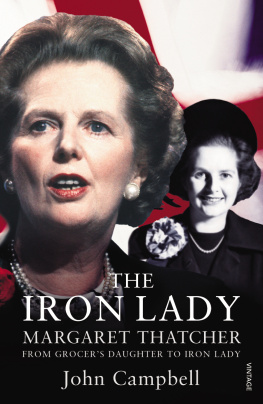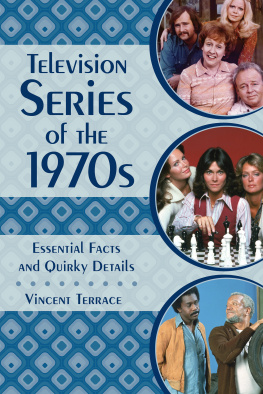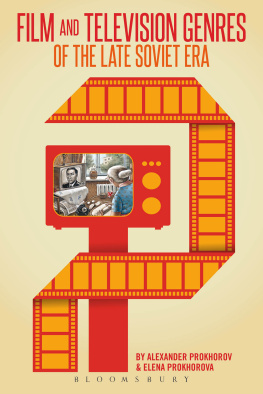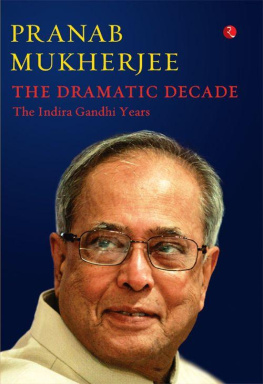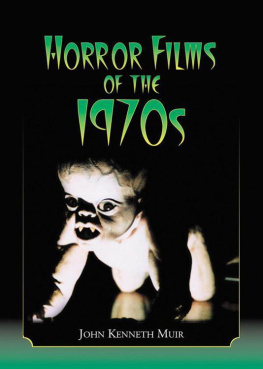Remember the 70s
Remember the 70s
Derek Tait
First published in Great Britain in 2018 by
Pen & Sword HISTORY
An imprint of
Pen & Sword Books Ltd
47 Church Street
Barnsley
South Yorkshire
S70 2AS
Copyright Derek Tait 2018
ISBN 978 1 47389 299 6
eISBN 978 1 47389 301 6
Mobi ISBN 978 1 47389 300 9
The right of Derek Tait to be identified as Author of this work has been asserted by him in accordance with the Copyright, Designs and Patents Act 1988.
A CIP catalogue record for this book is
available from the British Library.
All rights reserved. No part of this book may be reproduced or transmitted in any form or by any means, electronic or mechanical including photocopying, recording or by any information storage and retrieval system, without permission from the Publisher in writing.
Pen & Sword Books Ltd incorporates the Imprints of Pen & Sword Archaeology, Atlas, Aviation, Battleground, Discovery, Family History, History, Maritime, Military, Naval, Politics, Railways, Select, Transport, True Crime, Fiction, Frontline Books, Leo Cooper, Praetorian Press, Seaforth Publishing, Wharncliffe and White Owl.
For a complete list of Pen & Sword titles please contact
PEN & SWORD BOOKS LIMITED
47 Church Street, Barnsley, South Yorkshire, S70 2AS, England
E-mail:
Website: www.pen-and-sword.co.uk
Introduction
T he 1970s was one of the most exciting, innovative and colourful decades of recent times. These years played a key role in British social history with major events in music, film and television as well as memorable occasions such as the Queens Silver Jubilee and the election of the countrys first female Prime Minister, Margaret Thatcher.
Red Rum won the Grand National for the third time, Manchester United won the FA Cup for the fourth time and Liverpool won their first European Cup. James Callaghan opened the M5 motorway, Kenny Dalglish became the most expensive footballer after a 440,000 transfer fee and Geoff Boycott scored the 100th century of his career. Virginia Wade won the Womens Singles at Wimbledon, Freddie Laker launched his budget Skytrain airline and Clive Sinclair launched the 2-inch television. The end of the decade also saw the five-year hunt for the Yorkshire Ripper, Peter Sutcliffe.
Crazy fashions included flares, platform shoes, wing-collared shirts and kipper ties. Glam rock artists such as Roy Wood, Marc Bolan, David Bowie and Bryan Ferry added to the style and dress of a generation.
Some of the best remembered films were released in the 1970s including Star Wars, Jaws, Close Encounters of the Third Kind, Saturday Night Fever, The Godfather, Rocky, Dirty Harry and One Flew Over the Cuckoos Nest .
The 1970s also saw some of the best loved bands formed including Queen, Blondie, Slade, Wizzard, the Sex Pistols, the Damned, the Stranglers and many more.
Television shows included Charlies Angels, Happy Days, The Six Million Dollar Man, Hawaii Five-0, M*A*S*H, The Waltons, Kojak, Rhoda, Wonder Woman, Columbo, The Rockford Files, Soap, The Man From Atlantis, Roots and Jesus of Nazareth. The Morecambe and Wise Christmas Show in 1977 attracted 28 million viewers, one of the highest viewing figures in UK television history, while artists such as Benny Hill and Tommy Cooper were the nations favourites.
With innovations in music, film, television, as well as social change and new technology, the 1970s was one of the most memorable decades in recent times.
Chapter 1
Home Life
A t the beginning of the 1970s, Harold Wilson was the Prime Minister and Elizabeth II had been Queen since 1952. Popular television shows included Dixon of Dock Green, Z-Cars, Coronation Street, On the Buses, Opportunity Knocks, Callan and the Benny Hill Show. In 1970 chart toppers included Mungo Jerry, Edison Lighthouse, Dana, Mary Hopkin, Desmond Dekker and Cliff Richard.
At home, most families lived in rented accommodation although many, for the first time, were able to purchase property. Central heating, with radiators in every room, was a relatively new thing and all houses had single glazed, wooden-framed windows which meant in the winter months that rooms were colder and draughtier and sometimes frost would form on the inside of windows. In comparison to today, homes in 1970 were very different without most of the things that we now take for granted like double-glazing, duvets, computers to name but a few. Most homes were heated by a gas or electric fire in the front room although there were still many homes heated by coal fires and on cold winter days, the smell of chimney smoke filled the air.
Most fathers worked from 9am to 5pm and most mothers stayed at home although more and more mothers worked, to help to pay for extras such as a new mortgage, technology and family holidays.
There were several callers to the house during the day. Before 9am, the milkman, postman and paperboy had all visited. Many people had their newspapers delivered and expected to read them over breakfast before setting off to work. It was the same with the post, which was delivered twice daily by a smartly-dressed postman. The milkman arrived, in many cases, long before the family arose. He would turn up on an electric milk float stacked with milk which would be left on his customers doorsteps ready for their morning breakfast.
Children would be sent off to school on foot giving them enough time to reach the school gates by 9am. The school day continued until around 4pm. Teachers were generally strict and the curriculum included accepted subjects such as Maths, English, Geography, History, Chemistry, Physics, Woodwork and Domestic Science (cookery).
At home, most people knew their neighbours and were on friendly terms with each other. Many still left their doors unlocked. Fewer people had cars and many residential streets were empty of vehicles allowing children space to play games of football on the road. The local policeman would patrol his beat (on foot) and, most of the time, crimes would be trivial, involving telling off children for minor misdemeanours. Most children played outside, building go-karts or dens, riding their bikes or scooters, playing games such as it or hopscotch, taking part in war games or playing cowboys and Indians, happily shooting their friends.

A dial phone, common in homes during the decade. These came in a variety of colours and were rented from British Telecom.
Most homes didnt have a telephone and calls had to be made from the nearest red telephone box which took pennies and halfpennies before decimalisation was introduced before the call price was changed to 2p and 10p. However, by the middle of the 1970s, more people started to get their own phones which could only be rented from the GPO. Nobody, at the time, actually owned their own phone. In some areas, there was a waiting list of six months before a phone could be fitted. There were no push buttons at the beginning of the decade and all calls had to be tediously dialled. Quite often there were crossed-lines as everyone was on a party line, meaning that the phone could sometimes pick up another persons conversation. The new home service offered novelty calls such as Dial-a-Disc (where you could hear the latest pop record by dialling 16), the speaking clock, sports results and the weather. Phones came in a variety of colours including mustard, green and bright red.


